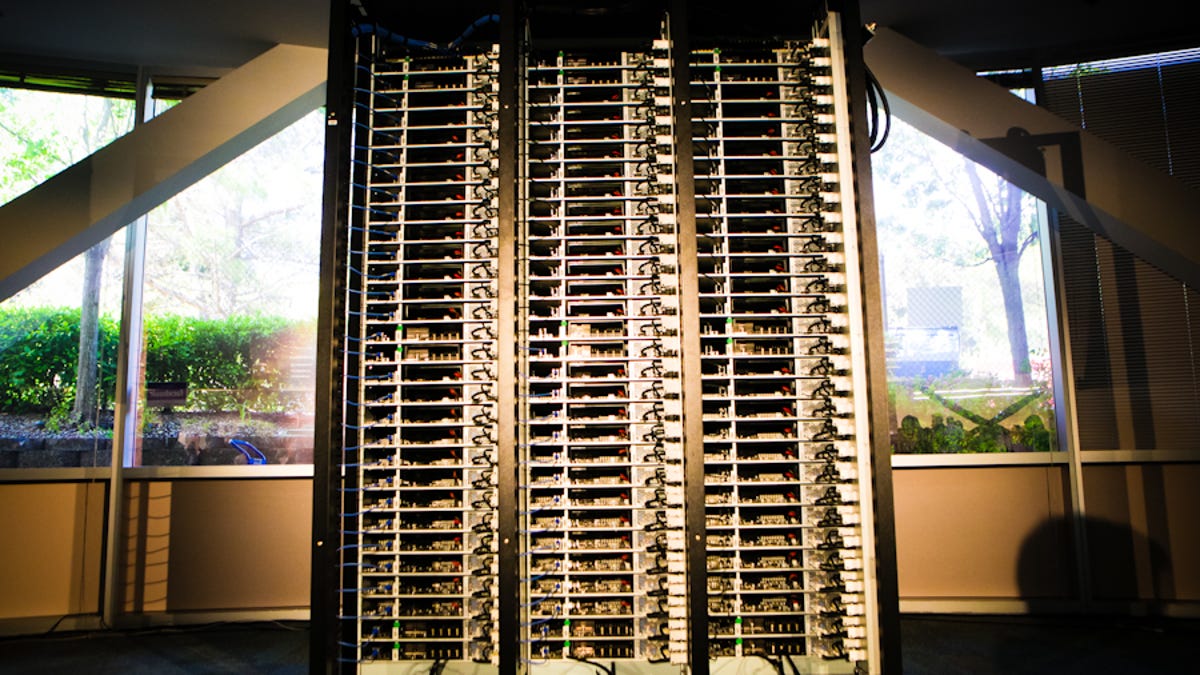Why is Facebook so cryptic about its outage?
It appears that Facebook isn't keen on sharing the details with it constituents regarding what brought the site to its knees on Thursday.

commentary When Facebook goes down or has performance hiccups, as it did Thursday afternoon, many of the 900 million-plus inhabitants of its virtual world feel the pain. So do those who are depending on the social network to ring their cash registers and drive their marketing efforts. It appears that Facebook isn't keen on sharing the details with it constituents regarding what brought the site to its knees yesterday.
Facebook wants to be attentive to its relationship with its users and a responsible monarchy (co-founder and CEO Mark Zuckerberg controls 56 percent of the voting shares). It is a pulsating megalopolis with its own economy and system of government. There are no taxes, in the form of cash payments to the company, in exchange for using the service. Instead Facebook users are willingly, or via accepting the user agreement, provide petabytes of data so that Facebook can generate billions of dollars selling advertising to marketers and digital goods its customers.
Essentially, Facebook is a service provider, and it has an implicit contract, or covenant, with its customers: We give you Facebook for free -- and it's not cheap to pay for all those talented, expensive employees, perks, and gargantuan data centers -- and you let us monetize your personal data. If people don't want to share their data with Facebook, no one is forcing them to join the Facebook family. It turns out it's a good deal for all involved, and even better for Facebook if it can more precisely target ads to individual users.
When Facebook's site is unavailable or really sluggish, hundreds of million of users of the service are potential impacted. It's like the electricity getting turned off in America, although without the dire consequences.
Facebook says that it is a company that strives to open and transparent. In his letter to potential shareholders Zuckerberg wrote, "We believe that a more open world is a better world because people with more information can make better decisions and have a greater impact."
Regarding the upcoming Facebook site governance vote on proposed changes to its Statement of Rights and Responsibilities (SRR) and Data Use Policy, Elliot Schrage, vice president of Communications, Public Policy and Marketing, wrote, "Facebook is committed to being a more transparent, accountable and responsive service provider for our users. That's why we're constantly exploring innovative ways to bring meaningful user participation to our policies and practices reviews."
But so far, Facebook has not been very open about the specifics that led to the site having serious performance problems for a few hours on Thursday afternoon.
"Yesterday some users briefly experienced issues loading the site. The issues have since been resolved and everyone should now have access to Facebook. We apologize for any inconvenience," said Facebook spokesperson Michael Kirkland. He also confirmed that the site performance problems weren't caused by a denial-of-service attack.
Customers of Facebook might want to know more about what happened inside Facebook's data centers. It's part of building trust with those who serve up the data to make Facebook a useful utility and walking the talk of "openness."
This is very different from the way the social network handled an outage in 2010. On September 23, 2010, Facebook's engineering team went into detail about what caused the outage: "The key flaw that caused this outage to be so severe was an unfortunate handling of an error condition. An automated system for verifying configuration values ended up causing much more damage than it fixed."
In explaining a brief outage on January 25 of this year, a Facebook spokesman was a little more forthcoming. "We pushed out code too aggressively some time between 5 p.m. and 6 p.m. Everything is fine now," he said.
As a newly public company, Facebook should be as vigilant about disclosing and sharing information about site outages as its usage statistics. That is, unless the company has something to hide. But then, that would not be in the spirit of the company's founding and ongoing aspirations and ideals.
Facebook might want to take a lesson from Salesforce.com, which has a public site, http://trust.salesforce.com/trust/status/, that provides up-to-date status report on how the enterprise software maker's cloud-based service is performing. Salesforce.com's customers depend on uptime to run their businesses. The same could be said of the Facebook, which is a major lead generator for commerce and community..
We have asked Facebook for more information on the outage, and will update the story as we learn more.

